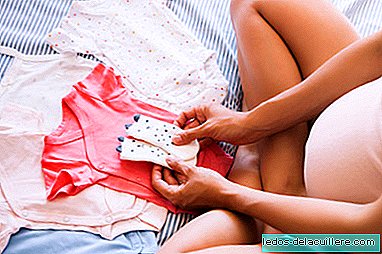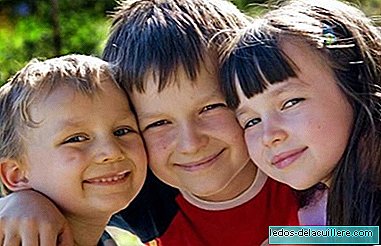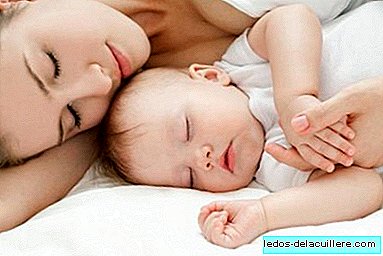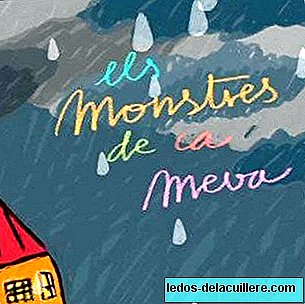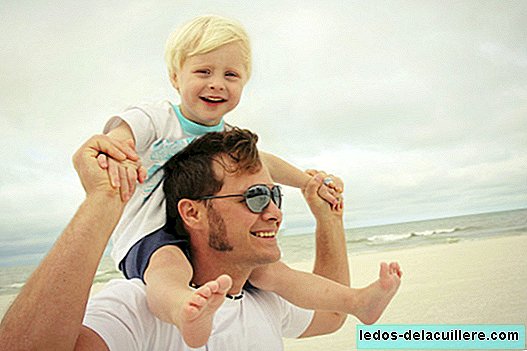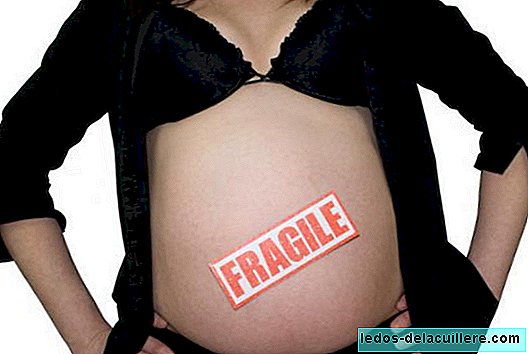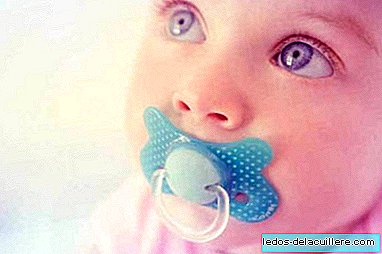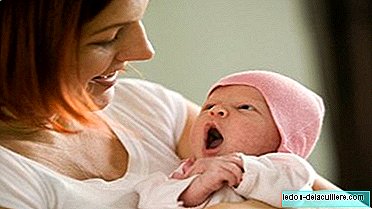
Today we continue interviewing psychotherapist Enrique Blay, deepening in each talk a little more in the upbringing guidelines, speaking this time of some that are extended in our society with dire results and dismantling the fallacies in which they are based. Because, as Enrique explains in this interview, lack is the cause of dependence, and the way to raise independent and self-confident children is precisely to cover their emotional needs and not ignore them.
If we attend to children when they claim us, do we encourage their dependence or their self-assurance?
Meaningless ideas have been set in our culture: "Don't take it, it will get used to it", "It's very smart, it teases you. Do not give in to your cries ”,“ If you put him to sleep in your bed he will get used to it and you will never take it out ”,“ If you give him a tit on demand or beyond a few months, he will get addicted and you will have a problem ”, etc., etc.
And all that is false?
Yes. The baby always acts for needs and not for manipulation or malice like adults.
Therefore, not meeting those needs creates uncertainty and insecurity in it. Babies who have been fed emotionally, without deficiencies, in their first years and against what is usually said, grow more secure, open up with confidence to new experiences, adapt better to their new challenges and end up being independent a lot before.
Does attention then promote independence?
There is an infallible formula: lack is equal to dependence. The more a baby has suffered from lack of affective food, the more dependent he becomes on his emotional environment, because he has not managed to feel confident and secure in receiving what he really needs.
Does that have to do with children's tantrums?
Children who have been treated for crying during their first years of life do not need to ask for things with more cries and tantrums. They will use the language since they know that their parents listen to them and attend to their basic needs and will accept that they are denied others that are not or that are harmful to him. We talk about listening and accepting what our children express to us, not about allowing them to do what they want. We talk about freedom to feel and not freedom to do.
What effect do physical and non-physical punishment have on the emotional integrity of a child?
The punishment, apparently, can be effective, but only in its immediacy. The punishment breaks communication, prevents learning, is an authoritarian act, often disproportionate and unfair, especially for those who suffer. It also sends a message of rejection and negative judgment without further ado.
How to act in behaviors that we consider inappropriate or dangerous?
To resolve conflicts with children, we must start from the fact that “whenever a child maintains behavior, punctually or repeatedly exaggerated, there is an emotion behind that must be discovered, accompanied and taught to manage”.
Better than punishment is to show “consequences” of acts or behaviors that are harmful to the child, to others or to things. The child must know where the limits are in his conduct and actions, but not for fear of punishment, but for the understanding of the damage he produces and the consequences it will have on him.
Can we break up with violent upbringing? Yes, becoming aware of our own violence, generally hidden within us, the product of some lack or emotional suffering of our own childhood. Babies and children, with all the power of their emotional world, face our own emotions, bringing out the best and the worst of ourselves. They can be authentic Masters that allow us to recognize our weaknesses and overcome them.
On the other hand, if our children receive an upbringing full of emotional food, they grow up with a deep feeling of being loved, they will hardly practice a different or violent upbringing when the time comes for them to be parents. The future is written now.
We end this fourth conversation by talking about a future society in which the fruits of free and nonviolent parenting would materialize. However, we still need to finish listening to give us ideas to achieve this way of raising and educating without punishment and much closer to emotions and feelings. We will see it in the fifth and last Babies interview and more to Enrique Blay, which we will publish in the next few days.


